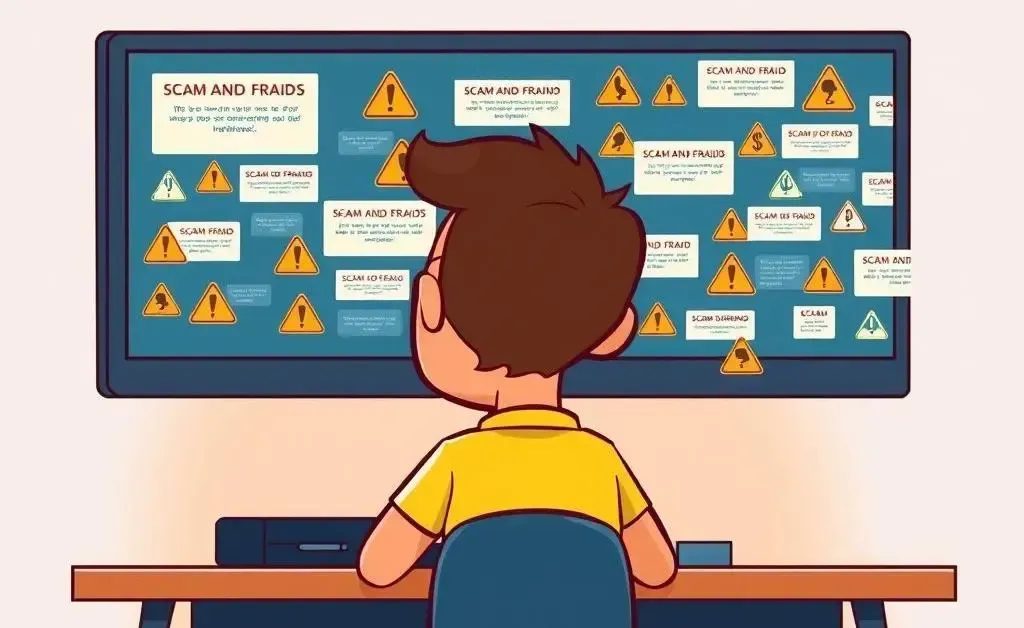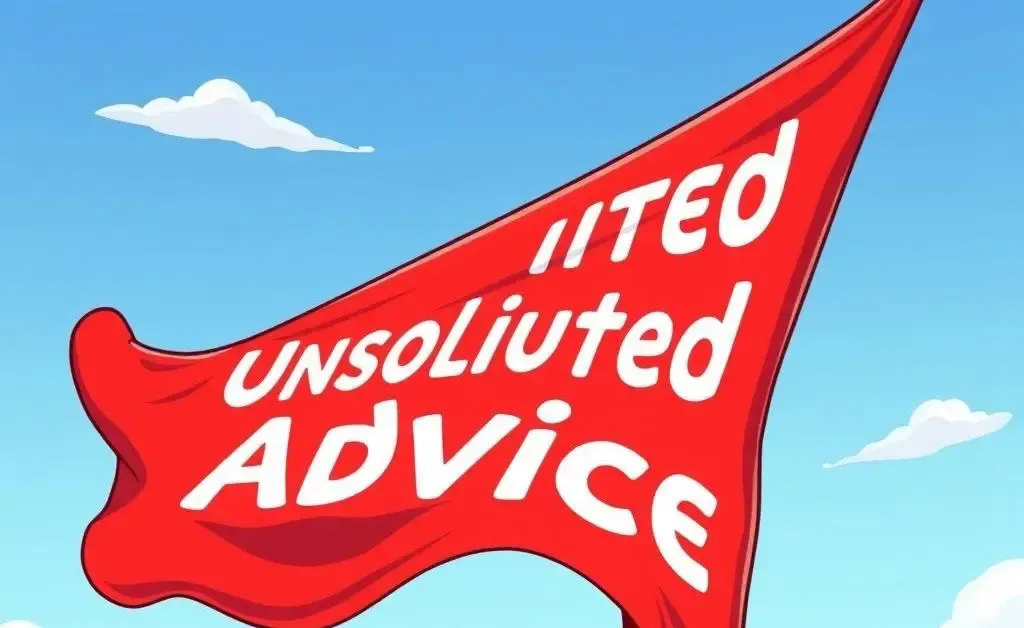Why You Should Ignore Sketchy Financial Advice from Strangers
Learn why it's smart to ignore unsolicited financial advice to protect your wealth and peace of mind.

Hey there! Let's talk about something we've probably all experienced: getting dodgy financial advice from random strangers online. You know, those sketchy messages promising secrets to wealth or offering unsolicited help with your personal finances. Yeah, those. They're about as trustworthy as a raccoon telling you it doesn't like your garbage.
Why Unsolicited Financial Advice is Usually Bad News
First things first, here's the golden rule: if someone reaches out with unsolicited financial advice, it's best to take a huge step back. Often these 'advisors' are more interested in your money than your well-being. Just like pop-up ads promising a free iPhone, these financial promises are often too good to be true.

Common Tactics Used by Scammers
Scammers have numerous tricks up their sleeves. They might name-drop fancy financial terms or claim they're from reputable companies. Some even create fake testimonials and profiles that look too legit to quit. The aim? To lure you into thinking their advice is credible.
Remember, credible financial advisors don't slide into your DMs. They have offices, websites, legitimate references, and usually a good track record that you can verify independently.

Protecting Yourself Online
So, how can you dodge these online advice bandits? Here are some quick tips to keep your finances safe:
- Verify credentials: Always check if the someone offering advice has official credentials and verifiable success stories.
- Do your research: Use legitimate financial news sources and consult certified financial planners who are bound by fiduciary responsibility.
- Trust your instincts: If the proposal sounds too good to be true, it likely is. Listen to your gut.

Final Thoughts
It's crucial to be cautious when navigating personal finance advice online. Keep your wits about you, and remember that your financial health is your business. Arm yourself with knowledge, and when in doubt, trust the professionals who've put in the time to earn that trust—not the anonymous fishers of fortune lurking in private messages. Have you ever encountered a dodgy financial advisor trying to reach out? I'd love to hear your experiences!




